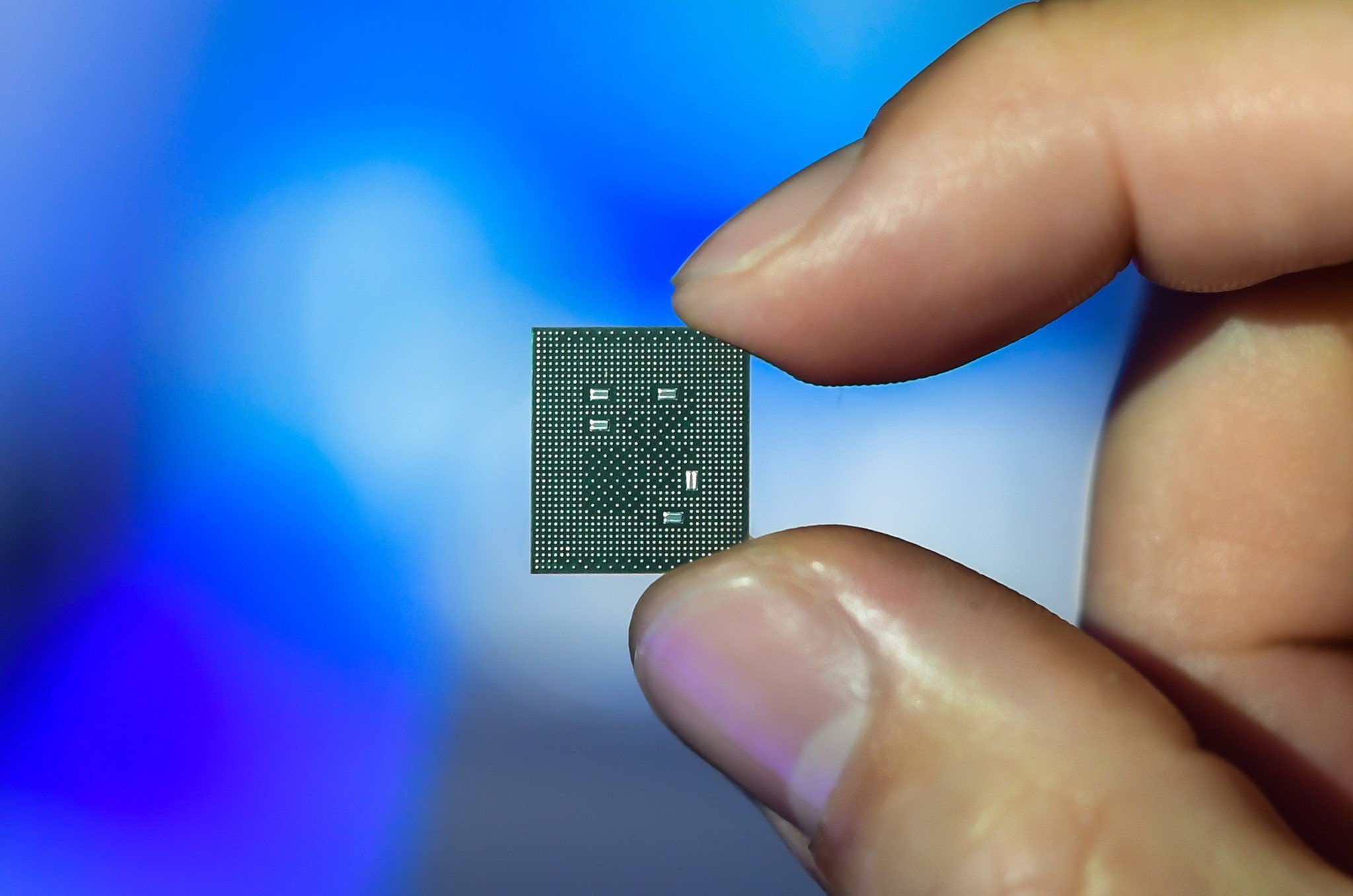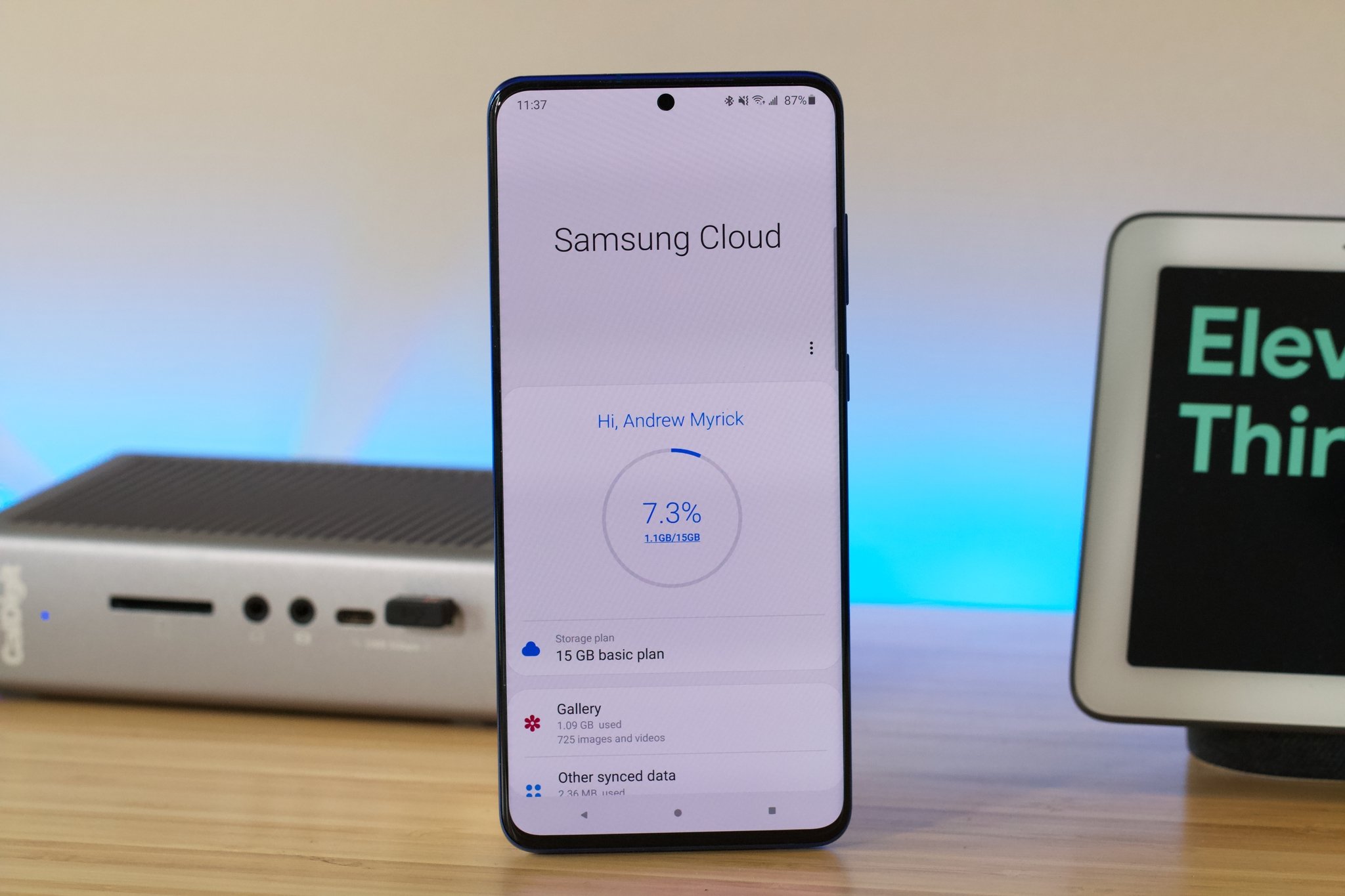Armv9 to boost performance, security, and AI in the next 300 billion chips - Android

Armv9 has arrived, and smartphones won't be the same.
What you need to know
- Arm has launched its new architecture, Armv9, to power the next wave of chips.
- The new architecture promises a 30% performance increase over current chips with the new Cortex-X1 core.
- Armv9 will focus on improved security and advanced AI solutions.
Arm Holdings has just announced its first new chip architecture in a decade, Armv9. The last release, Armv8 in 2011, has powered billions of devices, including the best Android phones, IoT devices, and even some of the best Chromebooks. With this new release, Arm expects big performance improvements, as much as 30% over the next two chip generations, but the big focus for this new design is security and AI.
Security is becoming increasingly important as more of our lives are put into the digital space. To address this, Arm is introducing its Confidential Compute Architecture (CCA), which is a hardware-based secure environment that protects certain data while it's in use. It does this by placing the data in "Realms," which are created dynamically and separates the data from the rest of the system.
For AI, Arm created the Scalable Vector Extension 2 (SVE2) to boost on-device machine learning and digital signal processing. This will help CPUs locally process 5G systems and augmented and virtual reality, and Arm plans to increase AI capabilities over the next few years. The initial version of this technology was created with Fujitsu to power the world's fastest supercomputer. Now it will soon be used to power more than 8 billion AI-capable by the mid-2020s.
Arm senior vice president and chief architect, Richard Grisenthwaite, notes the push for more secure processing due to the increasing reliance on AI:
Armv9 will enable developers to build and program the trusted compute platforms of tomorrow by bridging critical gaps between hardware and software, while enabling the standardization to help our partners balance faster time-to-market and cost control alongside the ability to create their own unique solutions.
Chips like the Qualcomm Snapdragon 888 already bring impressive performance to smartphones like the Samsung Galaxy S21 Ultra, and the Apple M1 chip has proven to be a powerhouse on laptops like the Macbook Air M1. These chips prove that Arm's architecture is becoming increasingly important for powerfully efficient computing, and the Armv9 design will continue to bring unprecedented performance in "the next 300 billion Arm-based chips."
30/03/2021 08:58 PM
Best Samsung phones 2021
30/03/2021 08:19 AM
Still using Samsung Cloud You need to move files NOW
30/03/2021 03:35 PM
Google is testing its replacement for third-party cookies
30/03/2021 10:44 PM
Arm's New Armv9 architecture Will Boost Smartphone Performance
30/03/2021 11:49 PM
How to transfer iCloud Photos to Google Photos
30/03/2021 05:09 PM
Mi 11i, Mi 11i Lite, and Mi 11i Lite 5G ready for global release
30/03/2021 03:00 AM
Future Google Pixel phones will be available on T-Mobile
30/03/2021 09:54 AM
Here's Where You Can Buy The Google Nest Hub (2nd Generation)
30/03/2021 03:25 PM
- Comics
- HEALTH
- Libraries & Demo
- Sports Games
- Racing
- Cards & Casino
- Media & Video
- Photography
- Transportation
- Arcade & Action
- Brain & Puzzle
- Social
- Communication
- Casual
- Personalization
- Tools
- Medical
- Weather
- Shopping
- Health & Fitness
- Productivity
- Books & Reference
- Finance
- Entertainment
- Business
- Sports
- Music & Audio
- News & Magazines
- Education
- Lifestyle
- Travel & Local







